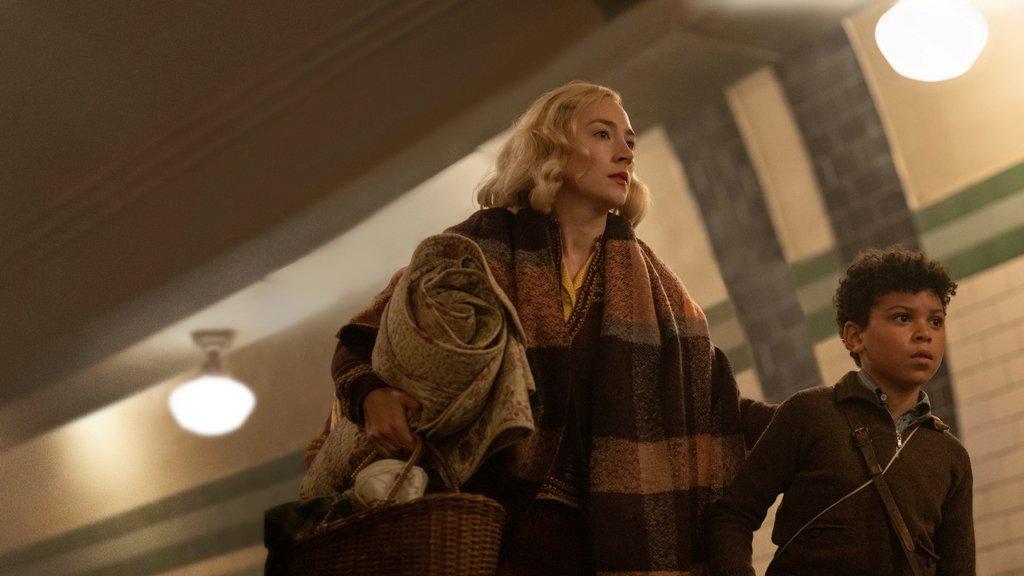PG-13 | 2h | Drama, War, History | 2024
Over the space of 16 years, the British-born Steve McQueen has written and directed just five features and all of them are well worth your time. I consider the first four to be excellent and wanted to feel the same way about his new World War II drama, “Blitz.” But I don’t. Despite being McQueen’s least impressive feature to date, “Blitz” is still better than 95 percent of all recently made movies.






